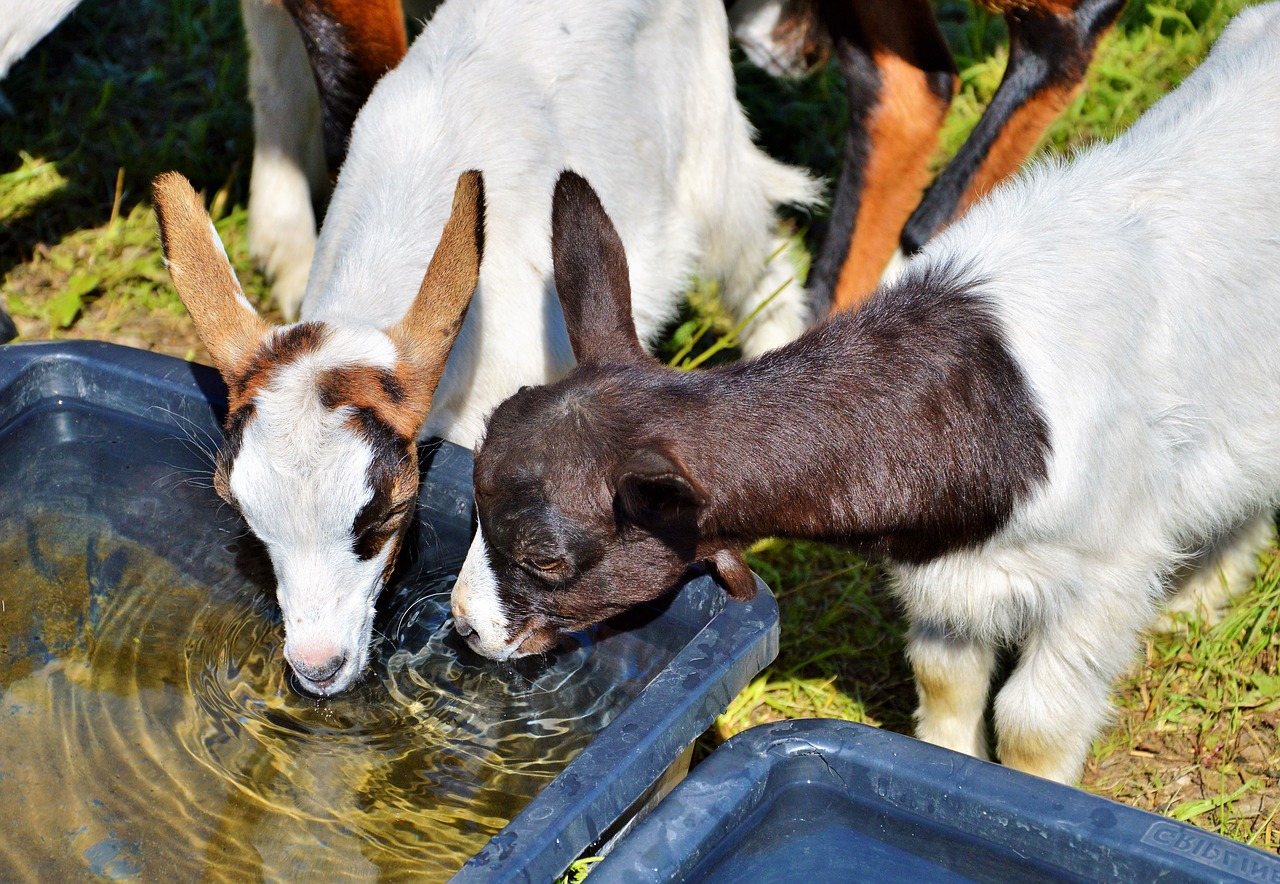If humans can’t live without water, then neither can livestock and not only do farm animals require water daily, but they also require the same quality of water that humans do.
It is thus the responsibility of farmers to ensure their farm animals are supplied with proper, clean, as well as pathogen-free drinking water, as it also determines the animals’ performance and how well they thrive throughout their lives.
Taking chickens, for instance, if a laying hen gets dehydrated, they can’t lay eggs, as the formation of eggs requires a lot of water. The same goes for cows that produce dairy, as they also require a high intake of water to produce fresh, good quality milk. Should farm animals be dehydrated or experience water starvation in regions that don’t receive adequate rain, their performance will be negatively affected and won’t just lead to the farmers’ loss, but also add to the economic loss of an entire sector, affecting a country.
Where Do Farmers Get Water for Large Quantities of Livestock?
Most farmers often have, not several or dozens, but scores of livestock, especially milk-producing farms, egg-producing farms, and meat-producing farms.
Farm animals, in particular, require a lot of water to aid in their digestion, to support the process of homeostasis in their bodies, cool them down and support all of their bodily and metabolic processes.
Considering that farmers require a lot of water for their livestock to survive, most of them ensure that there are natural sources of water available on their farms, like streams, rivers, and springs. However, inadequate rainfall also affects whether these water sources can continue to provide water to animals.
Along with water, the feeding, nutrition, and health of livestock must also be taken quite seriously, as these animals need to thrive to survive.
Get water dispensers and water dispenser pricing from Living-Water in London.






